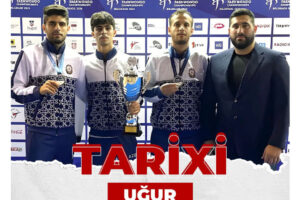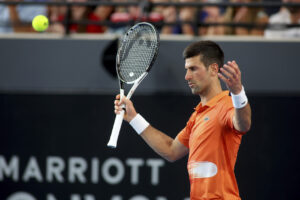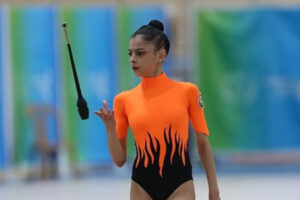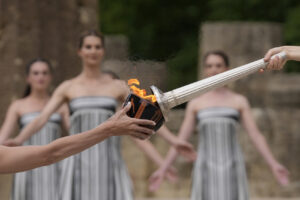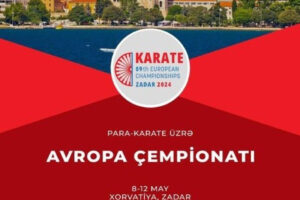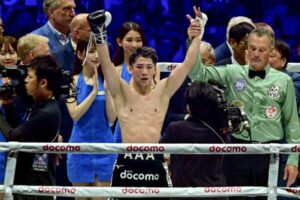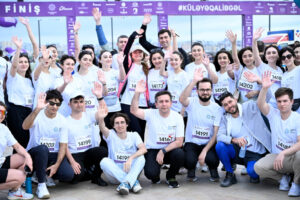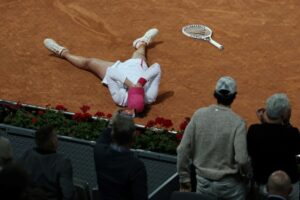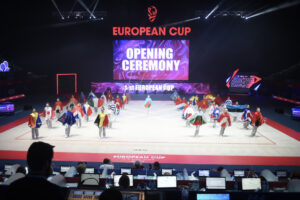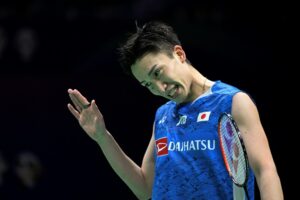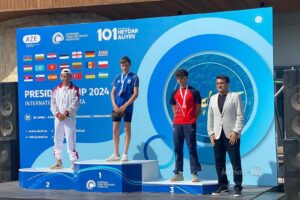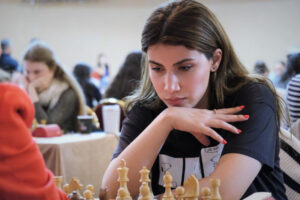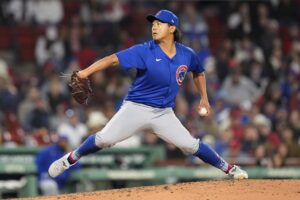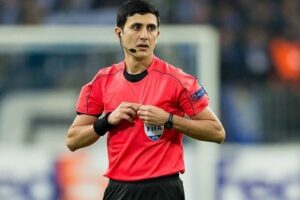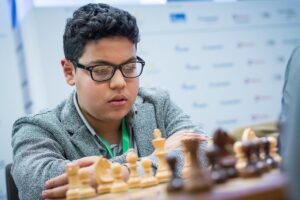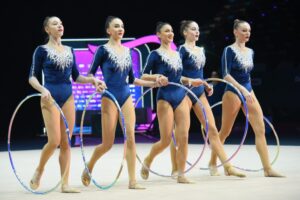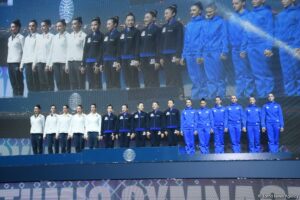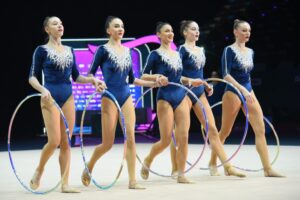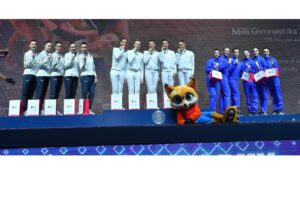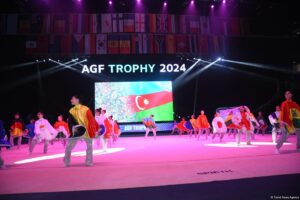Tokyo, 31 July, /AJMEDIA/
Japan’s bid to host the 2030 Winter Olympics in Sapporo has looked less and less likely to progress with public support cratering amid court hearings and guilty verdicts over bribery and bid-rigging scandals related to the Tokyo Summer Games.
The prefectural capital of Hokkaido in northern Japan is now exploring the possibility of instead bidding for 2034 or later, after the scandals that surfaced last summer forced the city and the Japanese Olympic Committee to halt promoting a 2030 bid in December.
The bribery scandals have shed light on the behind-closed-door maneuvering in which executives of large firms, including business suit retailer Aoki Holdings Inc. and ad agency ADK Holdings, provided money to a powerful figure in the organizing committee to win favors over sponsorship and marketing contracts.
The fiasco resulted in the indictment of 15 people, with nine already found guilty by the Tokyo District Court, for paying Haruyuki Takahashi, a former executive at the Tokyo Olympics organizing committee, for preferential treatment.
One person has also been convicted for colluding with Takahashi to receive bribes.
Although Sapporo has not formally decided to drop its bid, it appears unlikely the city will pursue the global sporting event in 2030 as the already-low public support has apparently deteriorated further.
In the city’s mayoral election in April, Katsuhiro Akimoto, a candidate who supports hosting the 2030 Games, won his third consecutive term but his two opponents who were each against the bid garnered over 40 percent of the votes between them.
“I felt that there were doubts and distrust,” said Akimoto on April 12 after the election in which his percentage of votes obtained fell more than 14 points from the previous poll in 2019. “I’d like to discuss with related organizations, taking into account the timing” of hosting the event.
Kyodo News’ exit polls carried out at the time of the latest Sapporo mayoral election also showed some 60 percent oppose the city making a bid for 2030.
In late June, Akimoto expressed the view that bidding activities are facing “difficulties,” citing slumping domestic support affected by the bribery and rigging-bid scandals, a day after JOC President Yasuhiro Yamashita made similar remarks.
While Sapporo’s commitment to a bid waivers, two regions in France — Auvergne-Rhone-Alpes and Provence-Alpes-Cote d’Azur — are reportedly considering submitting a joint 2030 bid, possibly joining another joint bid from Stockholm-Are in Sweden which has already declared its interest.
The International Olympic Committee has also said it is continuing discussions with Switzerland which has not specified a preferred year to host.
Although Sapporo has not ruled out a bid for 2034 or later, Salt Lake City is already seen to be a strong favorite to host a second games then, 32 years after its first.
In June, the IOC said it has six cities as candidates to host future Winter Olympics and could decide the 2030 and 2034 hosts during its executive board meeting in October.
In the wake of the scandals over the postponed 2021 Tokyo Games, Sapporo has been forced to review its bidding plan to reflect steps to improve governance, such as giving a powerful authority to an outside surveillance body, which itself needs to guarantee its oversight activities are transparent.
The move by the Tokyo Games’ organizing committee to entice sponsors without a complete competitive bidding process also led marketing activities to become opaque, sports business experts said.
Both the bribery and bid-rigging scandals have demonstrated the Tokyo Olympic organizers’ heavy reliance on Japan’s largest ad agency Dentsu Inc., with the powerful company seen as bringing experience in both marketing and sports events that committee members felt obliged to utilize, as revealed by investigations and court hearings.
In the bid-rigging case, another executive at the organizing committee has been indicted for collusion, including with a former Dentsu executive, in deciding which companies would be awarded contracts to plan and run Olympic test events and competitions.
Takahashi, charged for receiving bribes of some 198 million yen ($1.4 million), was a former Dentsu executive and exerted influence over the committee’s sponsorship and marketing contracts.
Prosecutors accuse Takahashi of accepting bribes as a member of the now-defunct Olympic organizing committee. Workers there were defined as “quasi-public servants” that were banned by law from receiving money or goods relating to their positions. He joined the committee’s ranks of executives in 2014.
Takahashi, whose trial has yet to start, is expected to deny the charge, asserting that he received the money as a private person and as a former employee at Dentsu, and not in connection with his duties at the committee, sources close to the matter said.
But a related ruling, which found the former Aoki chairman guilty of bribing Takahashi, determined he had “strong authority in connection with official duties,” with former Prime Minister and organizing committee head Yoshiro Mori having entrusted him with marketing operations.
“It was a well-known fact that the Olympics were funded by state money. The defendant knew very well that he was in a public position,” the Tokyo Court District said in its ruling on April 21, throwing cold water on Takahashi’s expected defense.
Another ruling on June 15 that convicted a former official at publisher Kadokawa Corp. for giving bribes also said Takahashi had requested and led the way in soliciting and collecting money from the companies.



